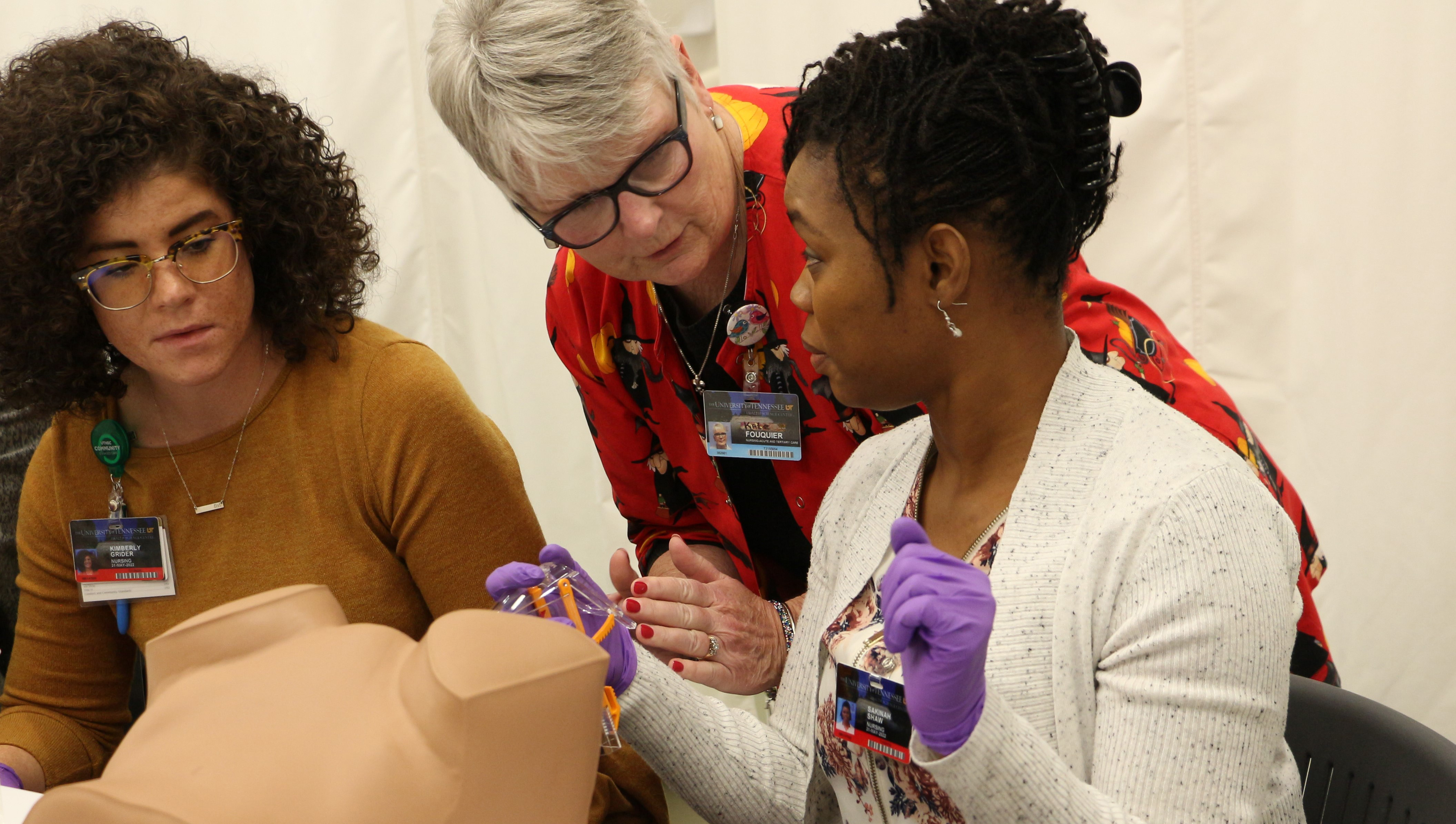DOI
10.21007/con.dnp.2024.0094
Faculty Advisor
Tracy McClinton, DNP, AGACNP-BC, APRN
Document Type
Poster
Publication Date
Spring 4-30-2024
Disciplines
Critical Care Nursing | Geriatric Nursing | Medicine and Health Sciences | Nursing
Abstract
Purpose/Background
Delirium is a prevalent challenge among ICU patients, impacting approximately 30% of admissions (Brennan et al., 2023). If left untreated, delirium can increase use of restraints, hospital length of stay, intensive care unit length of stay, and ultimately, morbidity and mortality. This scoping review assesses the Confusion Assessment Method for the Intensive Care Unit (CAM-ICU) to gauge its efficacy in reducing the length of stay in the ICU for adult patients with delirium.
Methods
A literature review from 2018 and 2023, using PubMed, CINAHL, and Medline were utilized for the search along with key words such as: length of stay, confusion assessment method (CAM), intensive care unit, and delirium bundle. Ten articles consisting of meta-analyses, systematic reviews, controlled trials, and observational studies met our inclusion criteria. The focus was on CAM-ICU's role in identifying delirium and its impact on the ICU length of stay.
Results
CAM-ICU, with 94% sensitivity and 89% specificity, emerged as an effective tool for delirium identification in the ICU setting (Mailhot et al., 2022). The selected articles revealed diverse outcomes regarding ICU length of stay. Three studies reported a decrease, while five indicated an increase in ICU stays when delirium was present. Importantly, CAM-ICU consistently operated within comprehensive delirium bundles challenging assumptions that CAM alone decreases length of stay without other interventions in the bundles.
Implications for Nursing
The findings underscore the effectiveness of CAM-ICU for delirium identification. With its high sensitivity, CAM-ICU proves valuable in early detection of delirium. However, the varied impact on ICU length of stay emphasizes the necessity for nursing involvement in the execution of CAM-ICU assessments within the broader framework of delirium management. Ultimately, nurses can play a pivotal role in contributing to enhanced patient outcomes by utilizing CAM-ICU as part of comprehensive delirium interventions in the ICU.
Recommended Citation
Ward, Brooke D. BSN, RN, DNP AGACNP Student; Little, Martina BSN, RN, DNP AGACNP Student; and McClinton, Tracy DNP, AGACNP-BC, APRN , "Using the Confusion Assessment Method for the Intensive Care Unit (CAM-ICU) to Decrease Length of Stay: A Scoping Review" (2024). Doctor of Nursing Practice Projects. Paper 94. http://dx.doi.org/10.21007/con.dnp.2024.0094.
https://dc.uthsc.edu/dnp/94


